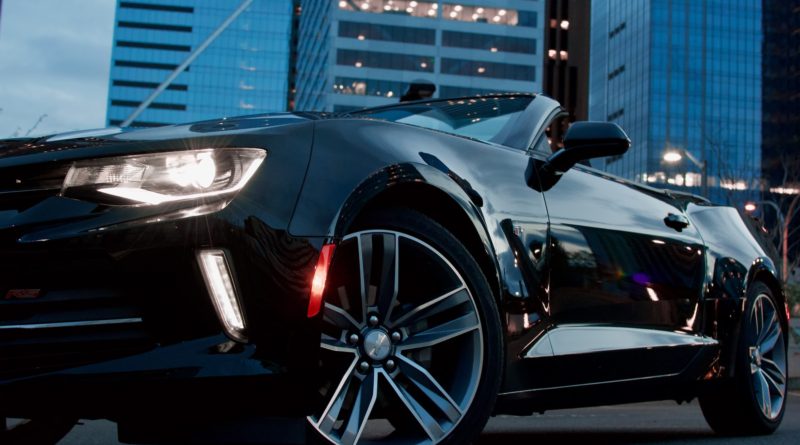How to Get Rich: There’s Only Three Things You Need to Do
If you had to distill all financial advice into three actionable items, two of them are obvious: lower expenses, increase income. But there’s a third thing you need to add to the list: optimize spending.
But that’s the third thing. Broken down into steps, let’s look at each one in turn.
Lower Expenses
Frugality is a necessary piece of the machinery. On the road to riches, consider this your engine. The lower your expenses get, the more you can put towards investments. The more you put towards investments, the faster that money will pile up. That’s how you get rich. Once you hit six figures of wealth in your 20s, you’re set for a comfortable retirement. You can also be set for a lot more – that $100k can, alternatively, start a booming business venture or fund your world travel for three years straight. Everybody likes the sound of that.
This action item hinges on you making a budget and sticking to it. No more impulse purchases that don’t do much for you anyway. Same goes for ordering dishes and drinks without considering the price printed next to it on the menu. You don’t have to stop going to restaurants (though it helps!) just be mindful about where spending your money best serves you.
It’s about strategic abundance, NOT deprivation.
Increase Income
If frugality is the engine, increasing your income is the fuel. The more fuel you have, the faster you’ll be able to reach your rich destination. In my case, my tentative goal is a million-dollar net worth at some point in my life. With my first job’s salary ($40,000) I could get there in my fifties. With my second job ($60,000) I could get there in my forties. And with my current job ($90,000) I’m looking at getting there in my thirties.
Lowering my expenses is what made this possible, and my ever-increasing income keeps accelerating my pace to get rich. With this step you need to lay the groundwork to jump ship to brighter horizons, which includes doing your research and knowing where you’re going. A little prep will go a LONG way with finding the optimal job that’s best for you. Go find that high-pay job. Frugality will help curb that lifestyle creep and ensure you keep on driving.
Optimize Spending
Here’s the third thing you didn’t realize you need: OPTIMIZING YOUR SPENDING. This represents all the gadgets in your car that make that road so much smoother: it’s the GPS, the spare tire, the extra leg room, and everything else that makes a long drive feel luxurious.
Here’s why: most things you need to spend money on have a less-expensive (or even free) counterpart. You can optimize a LOT of expenses that don’t seem possible at first glance, like your housing, grocery, and utility costs.
“Duh, Darcy, because that’s part of lowering expenses!”
No, I’m talking about when you’ve cut enough costs and it’s time to just pay up. This is after you’ve furnished your apartment via Freecycle, eaten your homecooked meals, and taken up walking instead of being chauffeured. At one point or another, you’re going to spend money on something. It’s time you make that spending count.
The best way to do it, for me, is to get paid to spend money. What if I gifted you a little fairy that gives you money every time you spend? It won’t be a lot – say, one or two pennies for every dollar – but it’s really cool to have. If you spend $500 each month, that’s an easy $50 from doing literally nothing. Would you take the deal?
If so, find a good rewards credit card. Since we don’t have magic, some credit cards fulfill the role that fairy does with 1-2% cashback options. As long as you’re responsible enough to pay it in full at the end of the month, there’s no reason not to take advantage; why not make yourself as rich as possible on that road you travel?
How do you implement all three action-items in your money plan?


Great advice! Do you use any software to keep track of expenses and do budgeting?
Thank you! And yes – my favorite software is Mint, which you can access online or on their app. They have a streamlined dashboard for showing your budget, income, net worth, and a history of your transactions. If you use primarily credit or debit cards for your purchases this pulls in that data automatically; if you use cash you’d have to manually input those purchases instead.
I’ve also heard good things about Personal Capital and You Need a Budget, although the latter isn’t a free tool like Mint/PC. I’m going to compare and contrast all these tools in a future post if you’d like me to ping you when it’s live!
Thanks for the references, I’ll have a look. I’ve been using spreadsheets, but it’s too much work…
Right there with you, I like having software do the work for me. Optimizing everything means you have more time to be lazy. Or do the extra stuff you couldn’t otherwise. Hope one of them works for you!